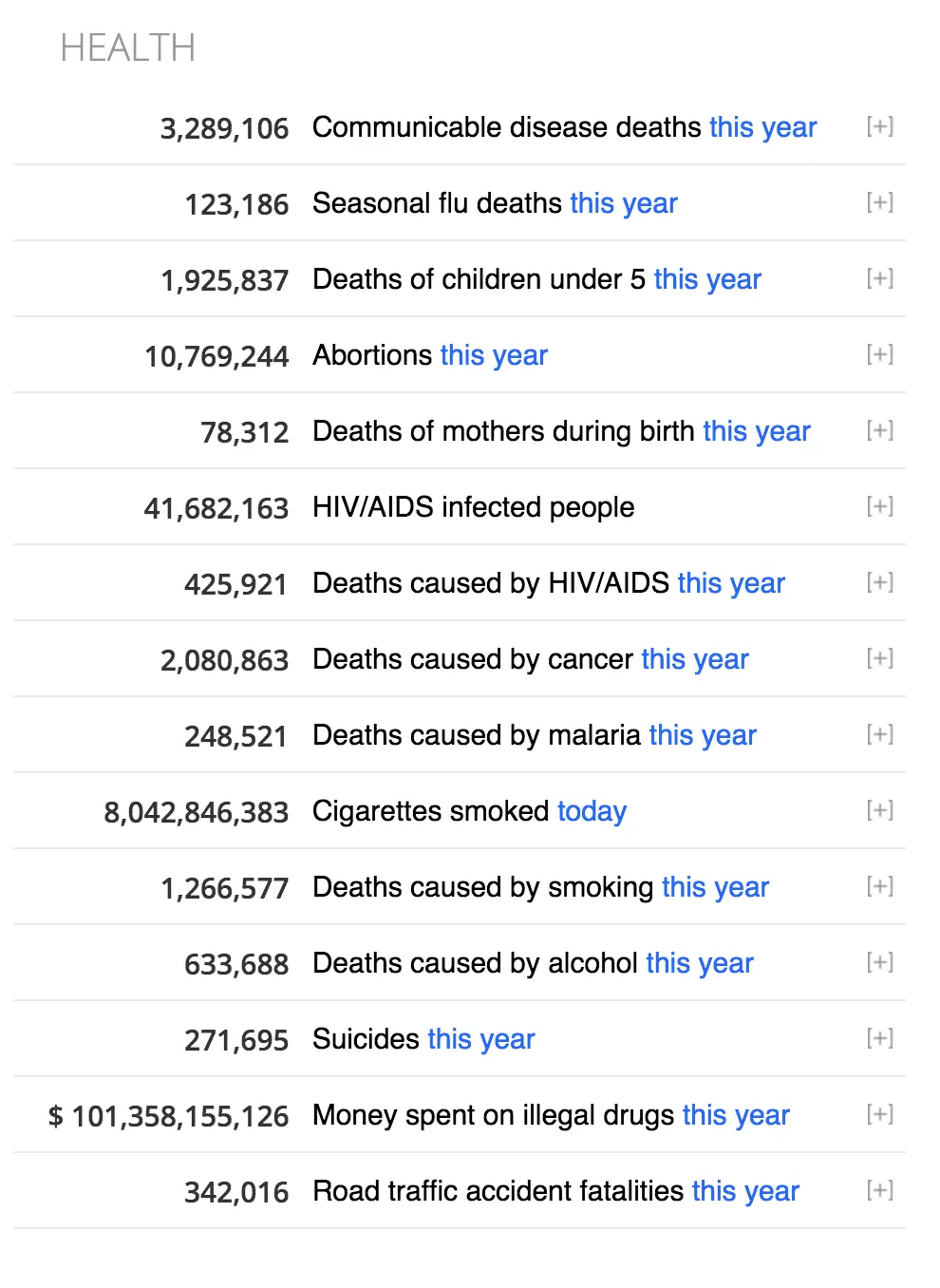But as the coronavirus pandemic becomes an ever more proximal menace, affecting more people we all know and love- I see a need to go the other way, and highlight the use and misuse, the lessons and liabilities of numbers, in and out of context.
I confess the effort is fraught. I am about to tell you- in the midst of this very scary pandemic- that 24/7 news coverage of it; daily and even hourly reporting of its toll; and almost complete lack of any epidemiologic context- is making it seem scarier than it need be. I say this as data support my early impression that many in the population may have had this infection and never known it, with massive implications for the rates of SARS-CoV-2 severe infection and death.
So- with one more bow to the reality that each of these numbers conceals a person, a family, love, tears, anguish, and grief; with one more important acknowledgement that talking in the bland language of epidemiology and statistics can all too easily resemble heartlessness; with one more assertion that my heart goes out to every family subsumed within these numbers- here we go.

Health section of https://www.worldometers.info/ - April 2nd, 2020
As of the moment I write this, there have been about 5113 deaths from coronavirus to date in the United States. When you get this number, however, what you don’t tend to be told is this: twice that number die of miscellaneous causes in this country, every day.
So, yes, 5113 is a large and scary number, especially since we know it will go up from here. But twice that many were dying in America every day of diverse causes before we had a pandemic. We are mortal; we die. Some of us in the fullness of time, all too many- prematurely. But either way, in a population of some 330 million people, roughly 8,000 of us succumb each day.
There have been, to date, just over 48,320 coronavirus deaths around the world. That is a larger, and perhaps scarier number. But around the world each year, there are some 60 million deaths. So far- and again, we are still in the midst of this, and will see these numbers go up- global coronavirus deaths are well below 0.1% of the world’s “routine” mortality toll.
Moreover, since the coronavirus deaths are heavily concentrated among those most prone to die of other causes- the elderly with prior, major illness- a large portion of the COVID19 fatality toll may be changing the acute cause and exact timing of death, without adding to the annual mortality that would have occurred anyway.
This year, around the world, seasonal flu has claimed over 121,000 lives; roughly three times the toll of coronavirus to date. This year, thus far, in the world, there have been over 420,000 deaths from HIV/AIDS; over 245,000 deaths from malaria; over 338,000 deaths from traffic accidents; and almost 270,000 deaths from suicide.
Let’s consider just the last of these- suicide- since it is an especially jarring, heart-rending way for a life to end. Imagine if that toll were being reported with the fixation of coronavirus. It is nearly 7 times larger to date, so we would be hearing about new deaths day by day and hour by hour- at 7 times the frequency of COVID19. We would know that for every death by suicide there was a grieving family, harried health professionals, and a larger number of despondent people with a “less severe” version of the same condition, namely a suicide attempt, a gesture, or thoughts but no action.
We would also likely be thinking something like: the sky is falling! Suicides mounting day by day and hour by hour. What is going on?
What is going on would be…just another day in the world.
You don’t need me to tell you that the coronavirus pandemic is historic, monumental, terrible. You got that memo, I trust. You know how life as we knew it just a few weeks ago is- temporarily, we all hope- over. But maybe you need me to remind you that people were dying before all this, too.
In the United States alone, heart disease kills nearly 650,000 people a year- and nearly all of that is preventable, premature mortality. That is almost 1800 deaths- every day. This is still going on right now- the coronavirus pandemic has not forestalled all the other causes of daily death that were here before. But coronavirus coverage has shrouded all the rest as if the virus were the only thing claiming lives. It is, in fact, very far down the list of leading causes- and will be, even if worst-case scenarios are realized.
Note, of course, that a pandemic is unique in its temporal effects. The harms of it are highly concentrated in time and place, and that of course matters. For everyone who dies of COVID19, a larger number need intensive medical care to recover- and they often seem to need it for an extended period of time- and that is what is overwhelming the medical system and ICUs each place this wave crests, and crashes. We are thus well reminded to do all we can to mitigate spread: social distancing, sheltering in place, wearing a mask when out and about. We must, in particular, do all we can to help protect those most vulnerable to severe infection from exposure.
My early advice about mental health during the pandemic was: look away when you can. I reissue it now. Paying attention, staying informed, and following all the rules about best ways to avoid getting and spreading coronavirus are important. But the anxious preoccupation being fed by relentless coverage of this historical crisis is wiping away context, corrupting understanding, and distorting the toll.
We are all prone to overlook the numbers denied daylight by the vast shadow of coronavirus. Lost in the contagion of clamor is a brutally blunt, fundamentally important reality check about epidemiology, mortality, and context: people were dying before. People die, every day, with or without a pandemic.
Dr. David L. Katz is a board-certified specialist in Preventive Medicine/Public Health, a practicing clinician for nearly 30 years, a clinical research scientist focused on disease prevention, and co-author of multiple editions of a leading textbook on epidemiology. He is almost fully recovered from a suspected case of coronavirus infection.




Leave your comments
Post comment as a guest